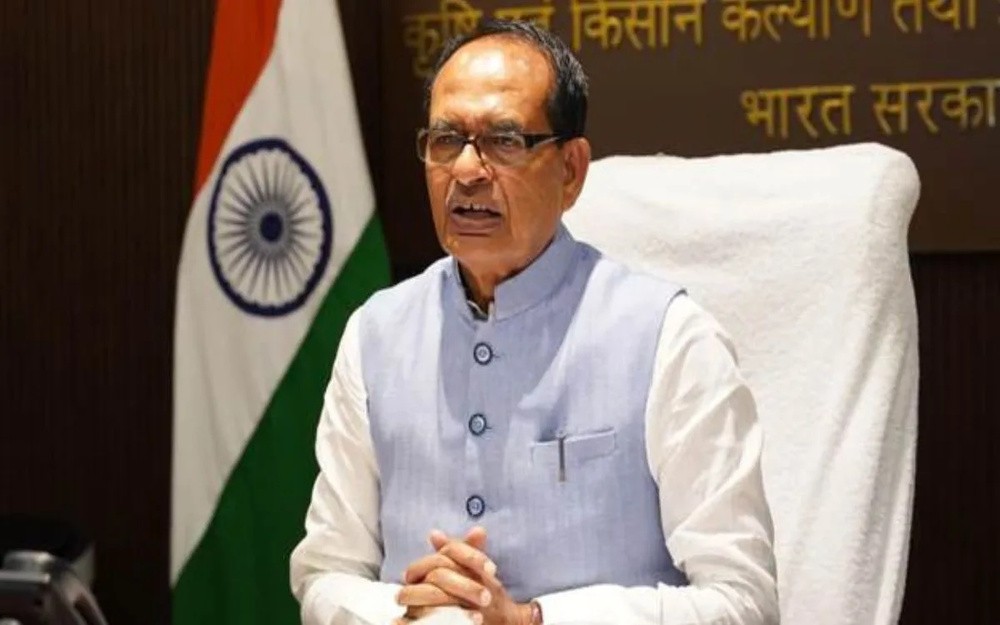
Seed is not just an input, it is the genetic powerhouse that unlocks a plant’s potential to grow, flower, and yield nutritious harvests despite biotic stresses like pests, diseases and abiotic stresses such as drought and high temperatures. India’s commercial seed market is estimated at around Rs 30,000 crore, with an equally large, informal and unorganised segment. To ensure food and nutrition security for our massive population, a clear and strategic approach through robust policy support is urgently needed. Over the past four decades, the seed industry, in close partnership with public institutions, has done monumental work in research, farmer education, product testing, and promotion of modern agronomic practices. But the road ahead demands that we treat this sector as a strategic national asset, one that must operate at the cutting edge of technology to combat climate change and make Indian agriculture globally competitive. A clear agriculture strategy for the coming decade, evolved through consensus among states and the Centre, must be published without delay.
Boosting Research and Protecting Intellectual Property: Developing a single seed variety or hybrid takes six to seven years of dedicated breeding, involving thousands of trial crosses and selections. Locally adapted varieties are essential to suit India’s diverse agro-climatic conditions. While tools like molecular markers and speed breeding can shave two to three years off the development cycle, high-quality research demands scale and investment. Unfortunately, research in India remains fragmented and underfunded.
While ICAR-NIAEPR’s recent policy paper No 44, confirms that every rupee invested in agricultural research generates a return of Rs 13.85, our public investment in this area is still just 0.54 per cent of agri-GDP, with private sector contributions at a mere 8 per cent of the total. This must change. Both multinational and Indian firms invest in seed R&D, yet most spend less than 5 per cent of their revenue, far from adequate for meaningful breakthroughs. Government can catalyse greater private investment by recognising research-led companies under a well-structured ‘Beej Ratna’ scheme that incentivises increased R&D spending. Seed innovation is undermined by rampant intellectual property theft, which erodes returns on costly research. While global players can shift investments elsewhere, Indian companies have no such fallback. Unless the
Government strengthens awareness, processes, and enforcement of IP protection, research investments will remain limited and the industry’s technological edge will suffer.
Upgrading Seed Production Systems: More than 95 per cent of seed sown in India is produced within the country, a shining example of Make in India. Yet, private sector’s vital role in ramping up production often goes unrecognised. Producing high-quality seed is a specialised activity suited to specific geographies, and climate change and labour shortages have made it more challenging. We need to professionalise, train, and build world-class infrastructure to maintain supply and quality. Digital traceability is another imperative. Each production field and seed lot must have a Digital ID, ensuring full transparency from farm to retail sale. Nurseries should also have unique digital identifiers. Organisers, who coordinate between seed companies and growers, must be strengthened through safeguards, bank financing, and capacity building. A robust, traceable production ecosystem backed by policy will help India meet domestic and global quality standards. The long-pending new Seed Bill, which mandates variety registration, must be enacted at the earliest.
Supportive Policy: With over 400 companies and the largest player holding less than 10 per cent market share, India’s seed industry is highly fragmented. A dozen firms have revenues above Rs 500 crore, but most are small or medium-sized businesses below Rs 100 crore. This diversity calls for a nuanced, supportive policy approach.
The current licensing system is cumbersome, every company must obtain separate licences to sell seed in each state. A ‘One Nation, One License’ policy would remove this barrier, saving companies precious time and money. Similarly, redundant state-level product testing, even after rigorous company and ICAR trials, delays new product launches by at least two years. Streamlining testing through ICAR certification and mutual acceptance among states will speed up farmers’ access to improved seeds. Despite heavy compliance burdens, unscrupulous players in the informal market continue to thrive. Political will and administrative resolve are needed to weed out low-quality operators and build India’s global image as a supplier of quality seed. Seed production is working capital intensive. MSME companies, which form the backbone of this sector, often struggle due to limited access to affordable finance. Banks must recognise the unique needs of this industry. Meanwhile, it is important to distinguish between occasional performance issues, inevitable with any biological product, and deliberate fraud. Repeat offenders should face action, but painting the entire industry as spurious suppliers helps no one.
A Strategic Imperative: India’s seed industry must be seen for what it truly is, a strategic pillar of national food security. Our challenges are unique and solutions must be homegrown. A robust, progressive policy environment that incentivises research, protects intellectual property, embraces technology, ensures quality production, and eases doing business will empower the seed industry to deliver on its promise.
Source: Dailypioneer






